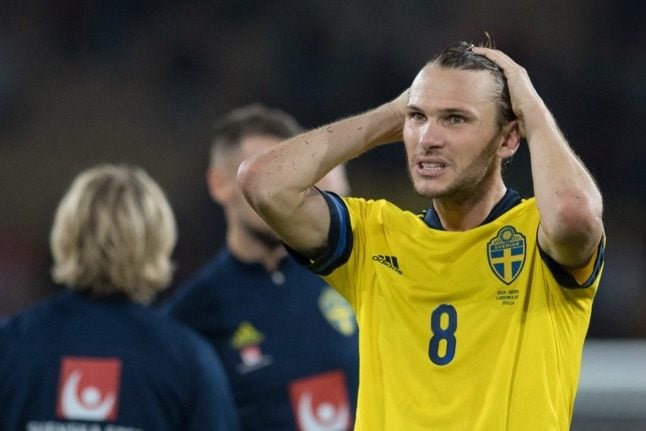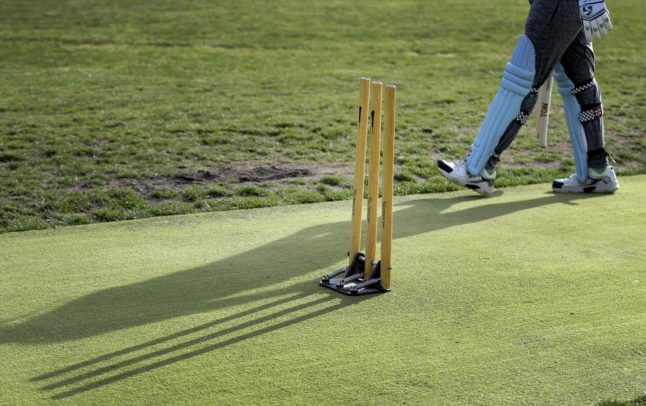Sweden would have to beat the Czech Republic and Russia overcome Poland for them to face each other on March 29th in Russia.
“Whatever Fifa decide, we will not play against Russia in March,” Karl-Erik Nilsson, president of the federation said in a statement.
Earlier on Saturday, the Poles said they would not play the Russians in Moscow — which hosted the World Cup final only four years ago — on March 24th for the same reason.
The Polish and Swedish federations had issued a statement along with the Czechs on Thursday — the day the invasion began — demanding FIFA play the matches away from Russia.
Fifa did not react to the latest Polish move on Saturday when approached by AFP.
On Thursday, Fifa president Gianni Infantino had said they hoped the “situation (The conflict between Ukraine and Russia) will be resolved by then” but they could take a decision at “any moment.”
In a separate development, the Swedish government said they were going to try and persuade the other 27 European Union states to impose a blanket sporting ban on Russia for “as long as the invasion of Ukraine lasts”.
“The most important thing is that the Russian aggression ceases,” said Swedish Sports Minister Anders Ygeman in a statement.
“If the EU decides on a sporting boycott, that will help achieve this target.”
The Swedes are proposing a boycott of all competitions being hosted in Russia and further that no Russian athlete can compete in the European Union.



 Please whitelist us to continue reading.
Please whitelist us to continue reading.
Member comments